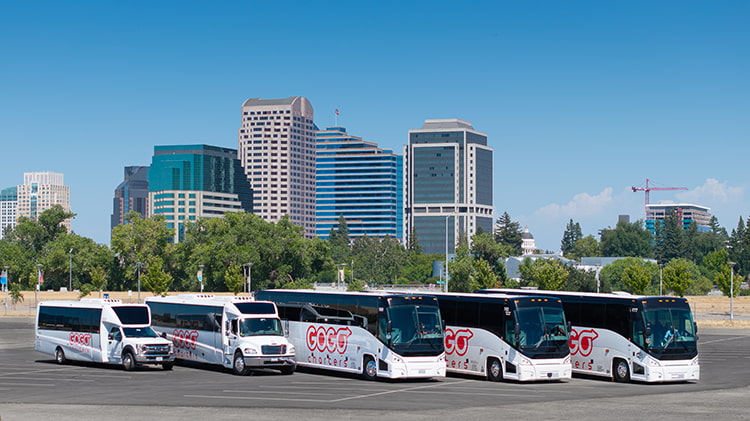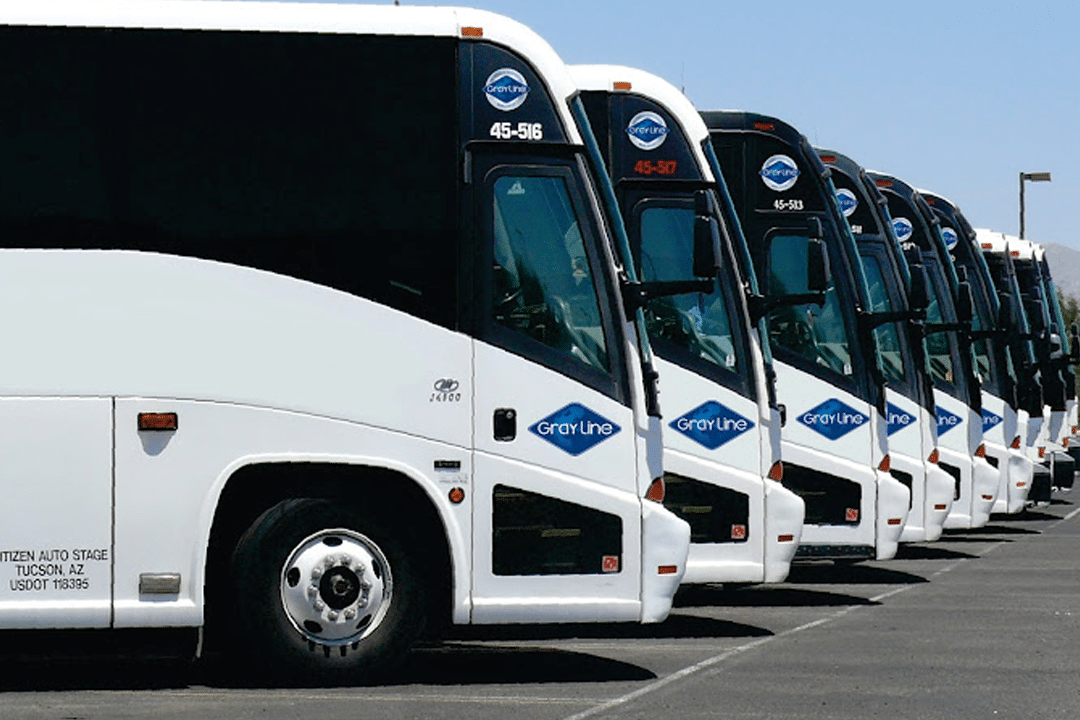Here are 10 tips to budget and cost employee shuttles:
1. Perform a Comprehensive Cost Analysis
Start by conducting a thorough cost analysis of the entire shuttle service. This will include direct expenses such as vehicle purchases lease, rentals, or expenses, in addition to operational expenses like fuel, maintenance and insurance, as well as the pay for drivers. Understanding the entire spectrum of costs can help you determine the budget required to run an efficient shuttle service.
2. Establish Clear Budget Goals
Create budget goals specific to your needs based on your cost analysis. Create specific goals for budgets using the cost analysis. These KPIs might include the level of satisfaction of employees, utilization rates, or general efficiency. Set goals that are clear will assist in the planning of resource allocation and expenditure.
3. Explore the possibilities of financing
Consider funding sources for a shuttle service. You can use internal funds, grants, or agreements with local transport authorities to offer funding or resources. Understanding the funding available can alleviate some financial burdens while enabling more expansive service offerings.
4. Choose the best vehicle options that offer the most value for money
When deciding on the vehicle for the shuttle, consider the cost-effectiveness of each choice and the way they can balance the initial cost against the cost of operations in the future. Consider aspects like fuel efficiency, vehicle reliability, and maintenance requirements. Leasing or buying used vehicles that are in good condition will help lower upfront costs.
5. Implement a Dynamic Pricing Model
Think about a dynamic approach to pricing for shuttle services. Charge a nominal amount for shuttle use to offset operating costs. If you offer a price basis that is based on the amount of time spent, you can encourage the staff to avail of the services.
6. Utilize technology to cut costs
Technology can be utilized to reduce costs and increase efficiency. Software for managing fleets is a great way to track the use of fuel as well as maintenance schedules. It can also optimize routes. GPS tracking can reduce idle time and improve scheduling, ultimately lowering fuel costs. The initial cost of investing in new technologies is expensive however the savings over time could be substantial.
7. Control and Monitor Operating Costs
Review your operational expenses regularly to identify areas where expenses can be reduced. Consumption of fuel, maintenance costs and overtime for drivers should be closely monitored. Savings can be achieved by implementing strict fuel management strategies that include encouraging eco-friendly driving. Create monthly or quarterly reviews to ensure your shuttle service is within budget.
8. Engage employees in cost-saving strategies
Encourage employees to take shuttles to save money. You could encourage employees to carpool, or reward those who regularly make use of the shuttle. Engaging employees will not only improve a sense ownership but also contribute to an increase in the number of people who use the shuttle.
9. Plan for Contingencies
Planning for unexpected expenses requires a contingency account. Shuttle services can encounter unforeseen costs, including emergency repairs or fluctuations in fuel prices. Budgeting a small amount of cash for unexpected expenses can offer financial security and allow keep the service running smoothly.
10. Evaluate and Adjust the Budget Every now and then
Finally, keep evaluating and adjust budgets based on the actual performance and usage. Employees should be asked to give feedback on shuttle services. Regular assessments will help to identify trends in transportation needs and allow for rapid adjustments to the budget to improve the use of resources.
Implementing these tips will help you control the costs and budget for shuttles to employees, ultimately improving the efficiency and quality of this service. Take a look at the most popular employee shuttle for blog advice including airport pickup, airport service car, los angeles airport transfers, shuttle transportation to airport, book a shuttle, airport service shuttle, shuttle bus service, transport to airport, shuttle services, luxury transportation and more.

Top 10 Suggestions On The Cost And Budget Considerations Of The Transportation For Corporate Events
Here are 10 tips to help you estimate the cost and budget of a corporate transportation service.
1. Cost Analysis Complete
In the beginning, you should conduct an in-depth analysis of the costs associated with all aspects that are related to your transportation service. This includes rental or leasing costs, fuel costs and driver's salaries as well as insurance, maintenance and any additional fees related to parking permits or permits. Knowing the total cost can help create the budget.
2. Budget Clarity
Set up a budget plan to define how much the organization will spend on transportation. The budget should contain every cost identified, and allow the flexibility to cover unexpected costs. Budgeting helps in the decision-making process, while also ensuring that transportation costs can be managed.
3. Consider Different Transportation Options
Explore the different options for transportation available to you, like buses, shuttles vans and rideshare services, for example. Analyze the cost of each option, taking into account factors like capacity, comfort and convenience. The most affordable option to meet the needs of attendees will help optimize the budget.
4. Handling Transportation Service Providers
Negotiate with your chosen transport company to obtain the most affordable rates. Numerous transportation companies will offer discounts to corporate events or bulk bookings. Establishing a rapport with your transportation providers will lead to lower rates and better service. This can ultimately be beneficial for your budget.
5. Plan ahead for fuel costs
Include fuel expenses in your budget since they could influence transportation costs greatly. Consider the distance to the venue and the amount of trips expected. If possible, negotiate fuel-efficient vehicles with the transport company to save money.
6. Include Contingency Funds
A portion of your budget must be put aside for unexpected expenses. Transport can be unpredictable. Breakdowns in vehicles and extra trips could occur. Contingency funds ensure that such situations can be resolved without compromising quality or overspending.
7. Look into Group Discounts and Packages
Check out group discounts or packages that transportation companies offer. Many transportation companies offer discounts for large corporate events or groups. These can be a significant saving. Find out if any packages that offer discounts on services such as on-site coordination or additional vehicles.
8. Monitor and Track Your Expenses
Maintain a close watch on all transportation-related expenses throughout the planning and execution phases. Keep track of costs with spreadsheets or budgeting software. Monitoring expenses helps find areas where savings could be made and ensures that the budget remains in line with the budget.
9. Get feedback to improve Budgeting
After the meeting, collect feedback from attendees on their experiences with transportation. Also ask about any additional costs that may have been paid for. Reviewing feedback can provide insight into the effectiveness of the transportation service, and help you plan your budget for the future. Recognizing what worked and what didn't help you refine your budget for future events.
10. Examine the cost total of ownership
Examine the total cost of ownership (TCO) that includes both the rental or purchase price and ongoing expenses like maintenance, insurance, and depreciation. This doesn't just cover the price of the vehicle as well as all other ongoing costs like maintenance, depreciation, and insurance. Understanding TCO can help you make better decisions and also balance the upfront costs and the financial consequences that may come in the future.
Following these tips will aid organizations in managing costs efficiently and make informed decisions about budgets for corporate event transport services. Budget planning is essential to ensure that the transportation requirements of an event are met, but it also helps in making the event successful because it allows the guests to concentrate on the event instead of the logistical issues. A well-planned budget and effective cost-management improves the image of the company and shows the commitment to efficiency. Read the recommended corporate event transportation advice for site tips including specialized transportation inc, transportation management solutions, best transport, mgt logistics, transportation solutions, transport services near me, global transport, pace transportation service, transport comp, globe transport and more.
